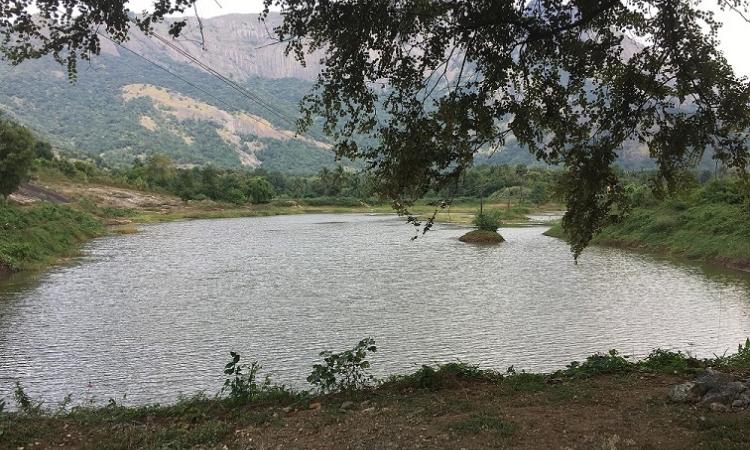
Water is the most precious natural resource available to mankind. We can survive without food for days, but not without water. The availability of fresh water has been taken for granted for centuries. The world’s population has grown from 1.7 billion to 7.5 billion in the last 100 years.
From the water demand perspective, what needs to be recognized is that India is undergoing rapid urbanization. While it has a significant contribution towards economic growth and improved quality of lives, modern urban lifestyles significantly increase consumption of water. It is estimated that the urban consumption is at 135 lpcd (litres per capita per day) vis’ a vis’ 40 lpcd in rural areas. Our urban population is expected to go up to 50% by 2050 from the current 31%.
While the looming water scarcity poses a challenge for the new world, wars of water will disrupt the future in the 21 st century unless recognized and acted upon collectively. Water issues have become part of popular movies too. In the James Bond movie, Quantum of Solace, the villain of the story attempts to take over the water source of Bolivia so as to control the Government and the Economy. The war for freshwater is far from fiction. Less than a year ago, we saw the tragic violence over the Cauvery water issue. Water could become the next oil.
So, what is the need of the hour?
We must make judicious use of the key fresh water sources- Rivers and ground water. We must ensure that we constantly work on replenishing our water sources. Urbanization should not allow for removal of green cover, which is essential for continued precipitation.
Water management from an urban and industrial context implies managing water resources in an integrated way:
- Understanding and balancing interests of different stakeholders.
- Aiming for water security through optimum use of all potential sources of water and matching water quality with use
- Aiming for better systems of waste water management
- Proper handling and treatment of effluent water
- Management of leakage and maintenance of storage bodies
- Management of storm water and rainwater catchment to ensure replenishment.
Whilst industry does utilize water, it also contributes significantly to the economy and society. What industry needs to take cognizance of, is the fact that the rapidly depleting water is a threat to the sustenance of businesses. Industry needs to take responsibility towards this key resource through judicious use, pollution control and replenishment so as to ensure long term sustainability.
United Breweries Limited has made a commitment to be a water balance positive company by 2025. We shall put back and replenish water bodies for productive use with at least as much fresh water as we will consume. Towards this we have undertaken the following activities so far-
We have installed Rainwater harvesting facilities in our breweries across the country.
We have worked with communities outside our breweries to harness water and replenish local water bodies. We have completed water conservation projects at five locations and are currently implementing three more in seven states across the length and breadth of the country.
As of March 2017, we would be at 32% recharge of all the fresh water that we consume.
We have also made a commitment to provide safe drinking water to over 1 million people who reside in the vicinity of all our breweries by 2020. Some of our completed and ongoing projects are in the states of Karnataka, Telangana, Maharashtra and Haryana.
The key to water resource management is finding the balance between what is needed by humans and what we must leave for the environment. On this World Water Day (March 22), let’s pledge to make every possible effort to ensure that future generations have a sustainable life on the planet.
This article has been contributed and authored by United Breweries Private Limited.